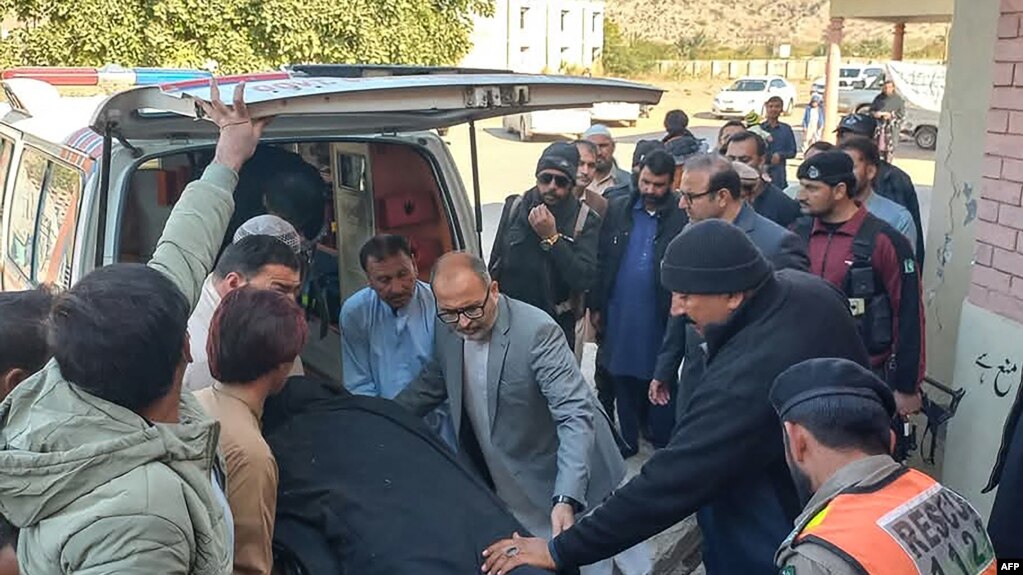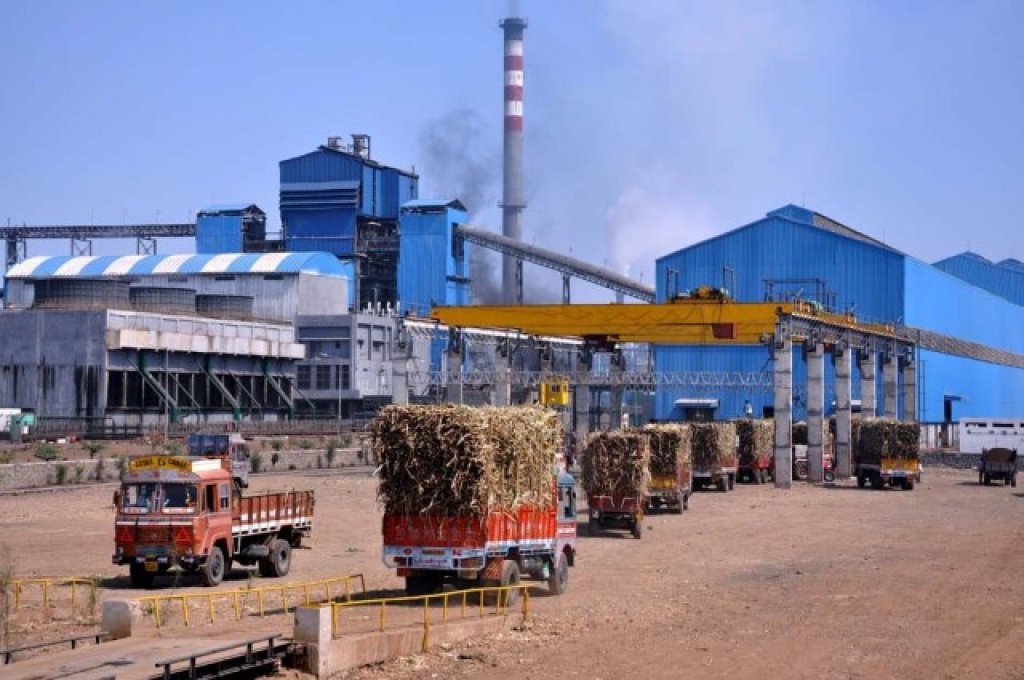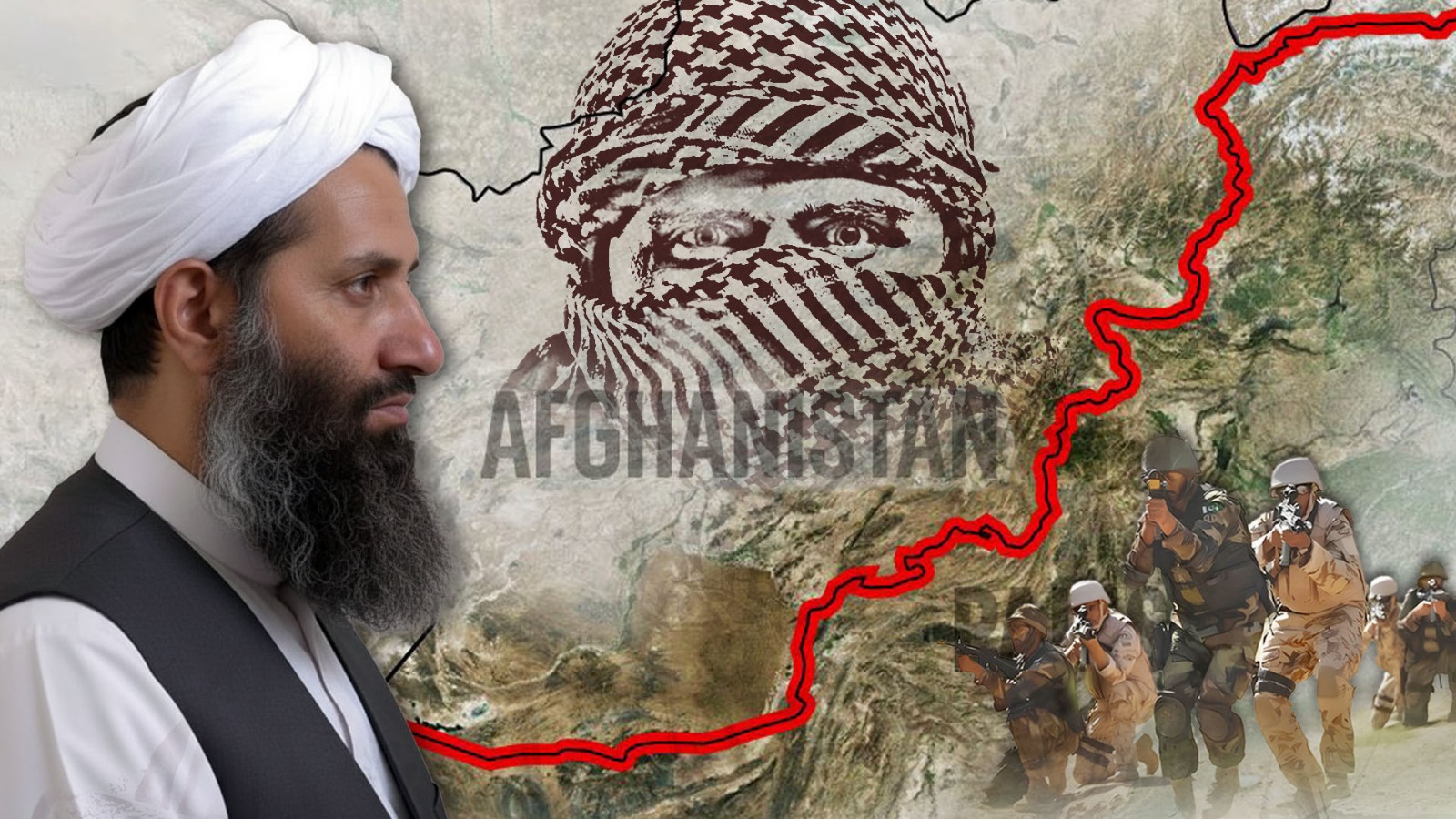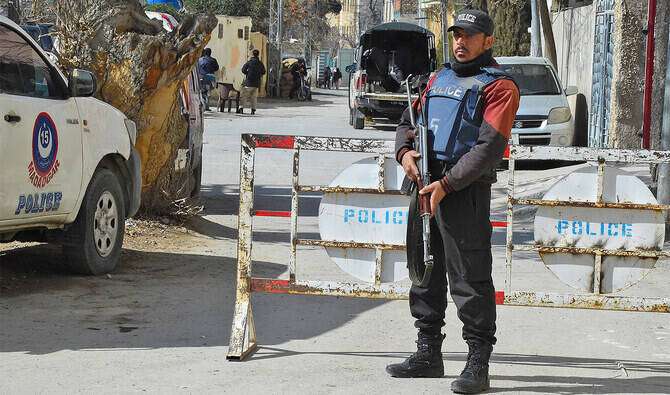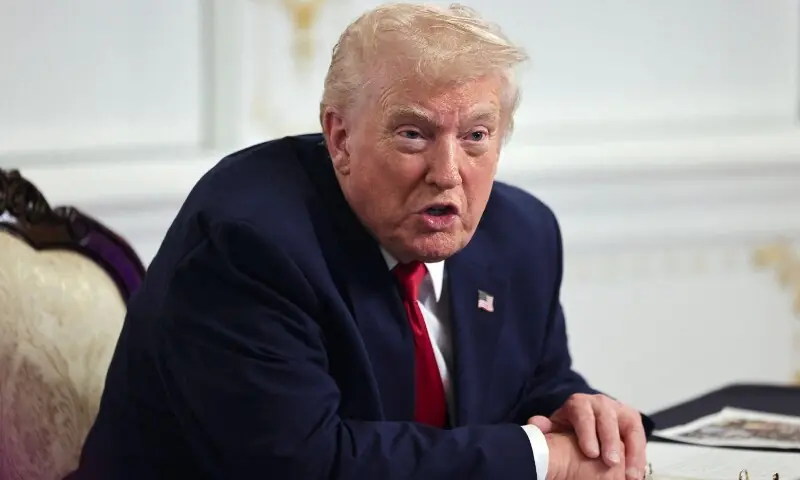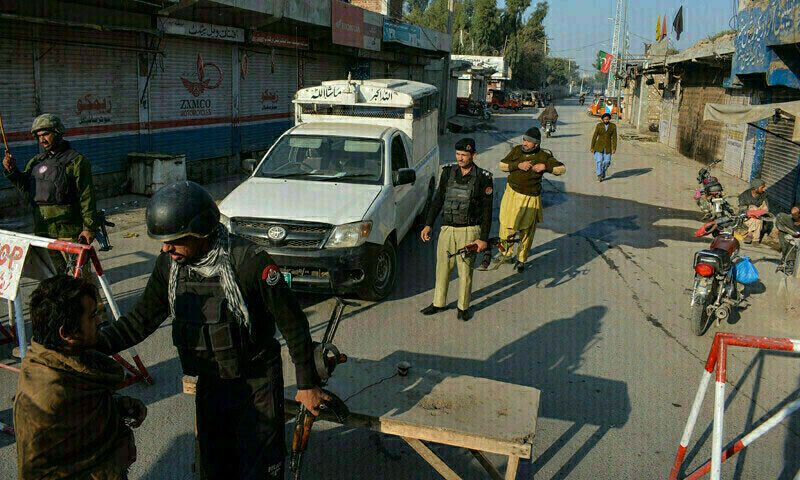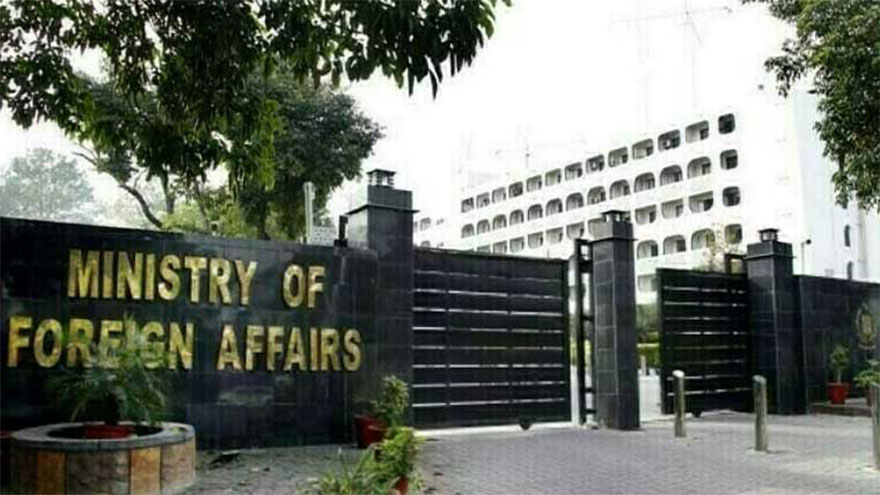By Riaz Hussain
Two back-to-back terror attacks in Khyber Pakhtunkhwa have once again highlighted how militants are not only targeting security forces, but also the future of Pakistan’s children. Within 24 hours, two security personnel guarding polio teams in Nowshera and Swat were martyred, as extremists continue their violent campaign against the country’s fight to eradicate polio.
Prime Minister Muhammad Shehbaz Sharif and First Lady Bibi Aseefa Bhutto Zardari both strongly condemned the terrorist attack on an anti-polio team in Swat’s Matta area.
Since 1990, more than 200 polio workers and security personnel deployed to protect them have been killed in Pakistan. The ongoing threat to the vaccination effort was tragically underscored by the abduction of eight polio team workers in the southern districts of Khyber Pakhtunkhwa province in 2025. These incidents follow numerous earlier targeted killings, including the recent deaths of two police officials in the Swat and Nowshera districts. The Khabar Kada team approached two officials from the polio eradication program, who declined to comment on the precise death toll of the workers and their team members, expressing concern that such information could undermine their safety and security.
Furthermore, 2024 recorded 74 cases of polio, during which anti-polio teams were targeted in approximately thirty deadly attacks. These assaults reportedly resulted in the deaths of fifteen security officials and left numerous others injured during the nationwide campaigns.
“These Attacks Target Our Children” — Health Expert
Public health expert Dr. Muhammad Noor Akber warned that the continued attacks on polio teams could have devastating long-term consequences for Pakistan’s next generation.
“These terrorists are not just attacking policemen or health workers,” he said. “They are attacking our children — our future. The polio virus still exists in Khyber Pakhtunkhwa, and if vaccination drives are halted, it will condemn thousands of children to lifelong disability.”
Dr. Akber explained that polio primarily affects children under five years of age, and oral polio vaccines (OPV) are vital, especially in remote and high-risk districts where the virus still circulates. “If these attacks are not stopped,” he cautioned, “we risk paralyzing an entire generation.”
The Nowshera Tragedy
In the latest incident, terrorists ambushed a polio vaccination team in Kahai, Nizampur, Tehsil Jehangira, on Tuesday. According to police, Constable Maqsood Ali, 35, resident of Kheshgi, was martyred when unidentified gunmen opened fire on him during security duty with the vaccination team.
Rescue 1122 confirmed that an ambulance was dispatched immediately after the alert, and the martyred constable’s body was shifted to DHQ Hospital Nowshera.
Police sources later reported that the banned group “TTG Hakimullah Mehsud Karwan” claimed responsibility for the attack. The group, led by spokesperson Umar Mehsud, was previously active in North Waziristan, Bannu, and Lakki Marwat districts. After parting ways with the TTP, it joined the Hafiz Gul Bahadur faction, expanding its operations to include Kashmir, Karachi, Nowshera, and Tank.
Security officials said the group has claimed responsibility for more than 15 attacks since its emergence, including those on polio teams, targeted killings, and abductions for ransom.
Levies Officer Martyred in Swat
Just a day before the Nowshera attack, Levies Constable Abdul Kabir was martyred in Biakan village, Tehsil Matta, Swat, when unidentified gunmen opened fire on a polio vaccination team.
According to officials, the vaccinators were administering drops to children inside a home when assailants targeted the officer on duty outside. Tehreek-e-Taliban Pakistan (TTP) later claimed responsibility for the attack.
Nationwide Condemnation
Federal Interior Minister Mohsin Naqvi and Khyber Pakhtunkhwa Governor Faisal Karim Kundi strongly condemned the killings, calling them attacks on Pakistan’s future.
“Those who target health workers and their protectors are enemies of our nation’s children,” said Naqvi. “We will not let their sacrifices go in vain.”
Growing Security Challenges
According to security data, four abduction cases of polio workers were reported in Khyber Pakhtunkhwa during 2025.
On April 14, two workers were abducted in Dera Ismail Khan and released after two months.
On April 19, one worker was kidnapped from Khyber District, with no confirmation of release.
On May 26, two workers were abducted in Tank District and later freed, according to KP Polio Officer Amjid Khan.
On September 15, three more were abducted in Tank.
Most abductions occurred in southern districts bordering Waziristan, where the security situation has deteriorated. Notably, five polio cases were reported this year from D.I. Khan (1) and Tank (4)—the same regions hit by kidnappings and attacks.
A Persistent Threat to Eradication Efforts
Pakistan remains one of only two countries in the world—alongside Afghanistan—where the wild poliovirus (WPV1) still circulates.
Despite decades of vaccination campaigns, militant threats, misinformation, and mistrust continue to endanger health workers and halt progress.
According to official data Between 2012 and 2025, more than 170 people—including police officers, vaccinators, and health staff—have been killed in polio-related violence.
In Khyber Pakhtunkhwa alone, there have been over 112 deaths and 300 injuries.
A 2024 global study found 362 violent incidents tied to polio operations since 1998, with Pakistan accounting for 70% of global deaths and injuries.
Impact on Children and the Nation’s Future
These attacks have left thousands of children unvaccinated, particularly in high-risk and tribal districts, threatening to undo decades of progress.
According to the National Emergency Operations Centre (NEOC):
74 cases of wild poliovirus were reported in 2024.
24 cases have been confirmed in 2025 (so far) — 16 from Khyber Pakhtunkhwa, 6 from Sindh, and isolated cases from Punjab and Gilgit-Baltistan.
Health experts warn that without full coverage, Pakistan could once again become a global hotspot for polio transmission. UNICEF and WHO have called for stronger coordination between communities, health departments, and law enforcement to protect vaccination teams.
A Continuing Battle for the Next Generation
Despite the mounting threats, health officials remain resolute.
“Our fight against polio is not just a medical mission — it’s a moral duty,” said a senior health official in Peshawar. “We are fighting for our children’s right to stand, walk, and live free from paralysis.”
Security across vaccination zones in Khyber Pakhtunkhwa has been tightened, and special protection units have been deployed to safeguard teams.
In Pakistan’s fight against polio, every fallen police officer, every injured vaccinator, and every unprotected child tells a painful story. These attacks are not only against the state — they are against hope itself. Unless stopped, the terrorists waging war on health workers today could cripple the next generation for life.

